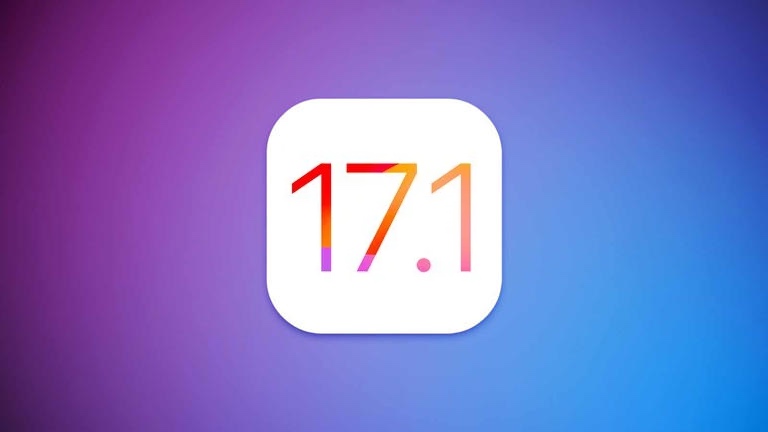Apple today said in a support document that its upcoming iOS 17.1 software update, scheduled for release later this month will lower iPhone 12 radiation levels.
Apple was ordered by French regulators in September to cease selling the iPhone 12 and to provide a “fix” for the handsets to bring them into compliance with European electromagnetic radiation standards.
Software update for iPhone 12 in France
iOS 17.1 includes an update for iPhone 12 for users in France to accommodate this specific test protocol that requires reduced power when off-body on a static surface.
iPhone 12 will no longer increase the allowed power when the off-body state is detected, such as while it is sitting on a table. As such, in coverage areas where cellular signal is low, this change in antenna transmit power may result in slightly lower cellular performance in certain off-body use cases. The vast majority of users are not expected to notice any impact.
The detection feature will be disabled only in France, and Apple says that the feature is being turned off, even though the country’s Agence Française Nationale des Fréquences or ANFR regulatory group made an error when doing its radiation tests.
iPhone has sensors that can detect when it is sitting on a static surface, like a table, as opposed to being held in the hand or placed in a pocket. This off-body detection mechanism, which has been used in all iPhones for over a decade, allows the device to increase transmit power slightly in off-body scenarios to optimize performance.
The specific test protocol used by ANFR requires that devices meet the on-body SAR limits, even when the device is tested off-body on a static surface. This decision is not consistent with international standards, which allow for independent testing of power control mechanisms that may not be activated during standard SAR tests.
Apple says the iPhone 12 is safe to use “and always has been.”


